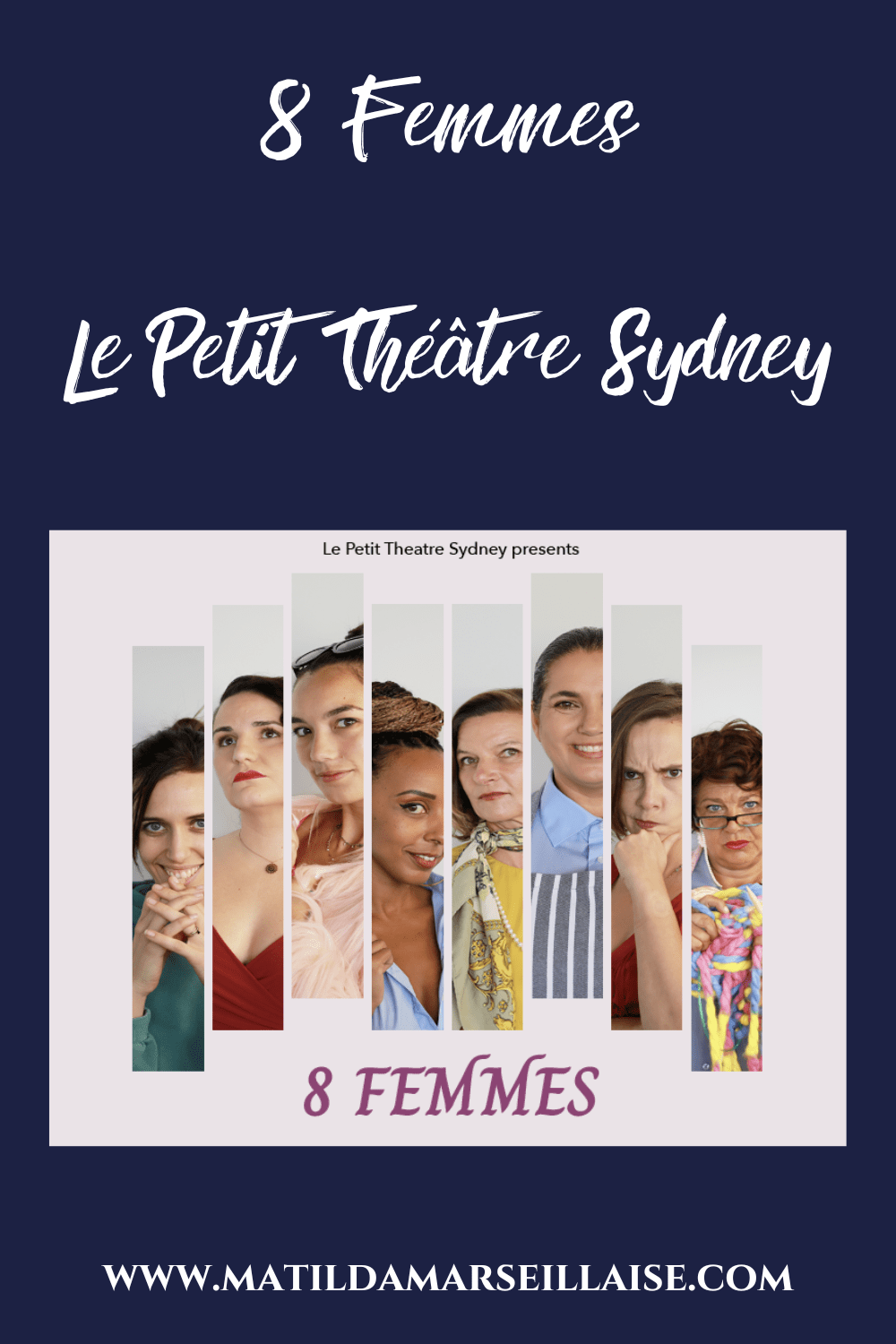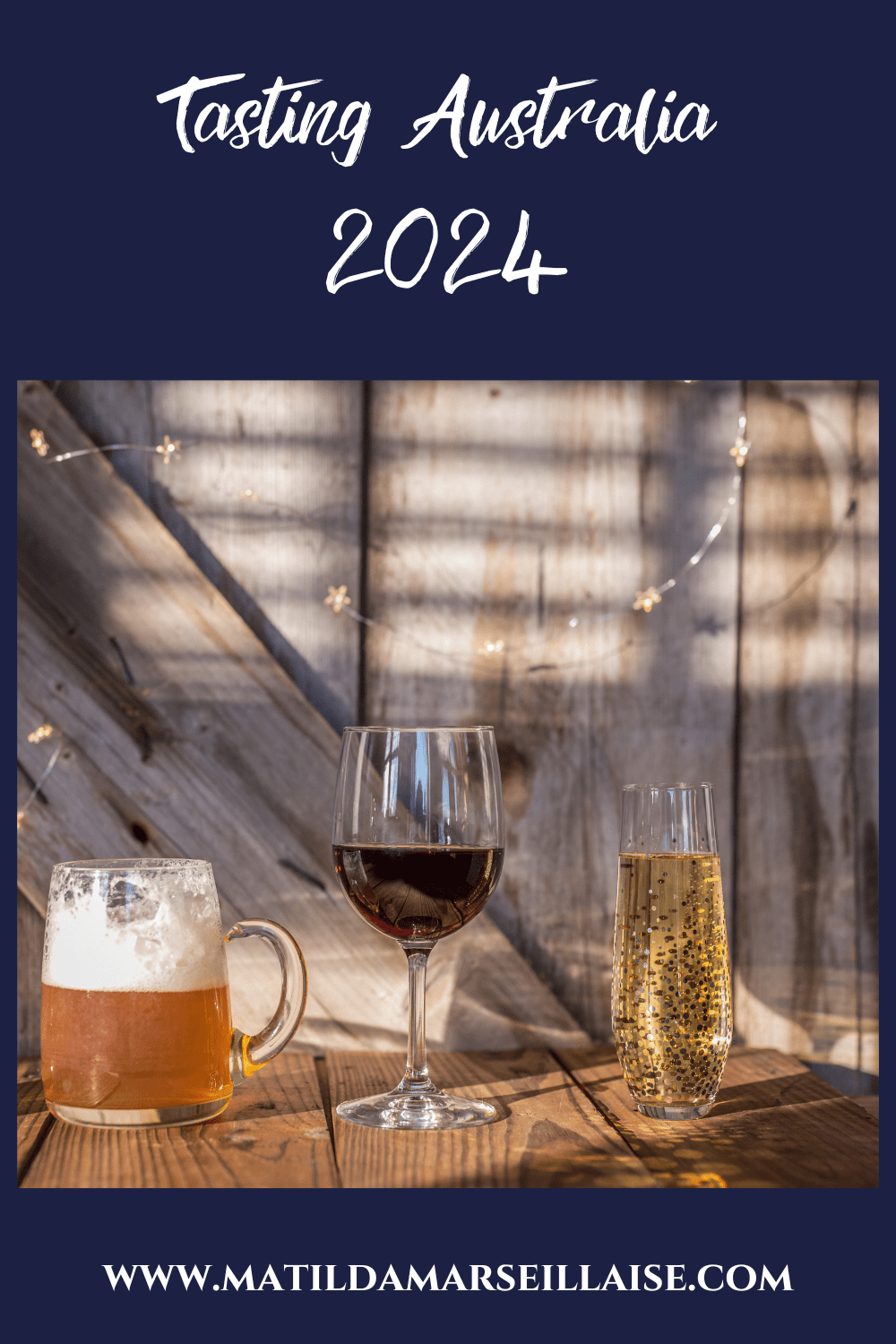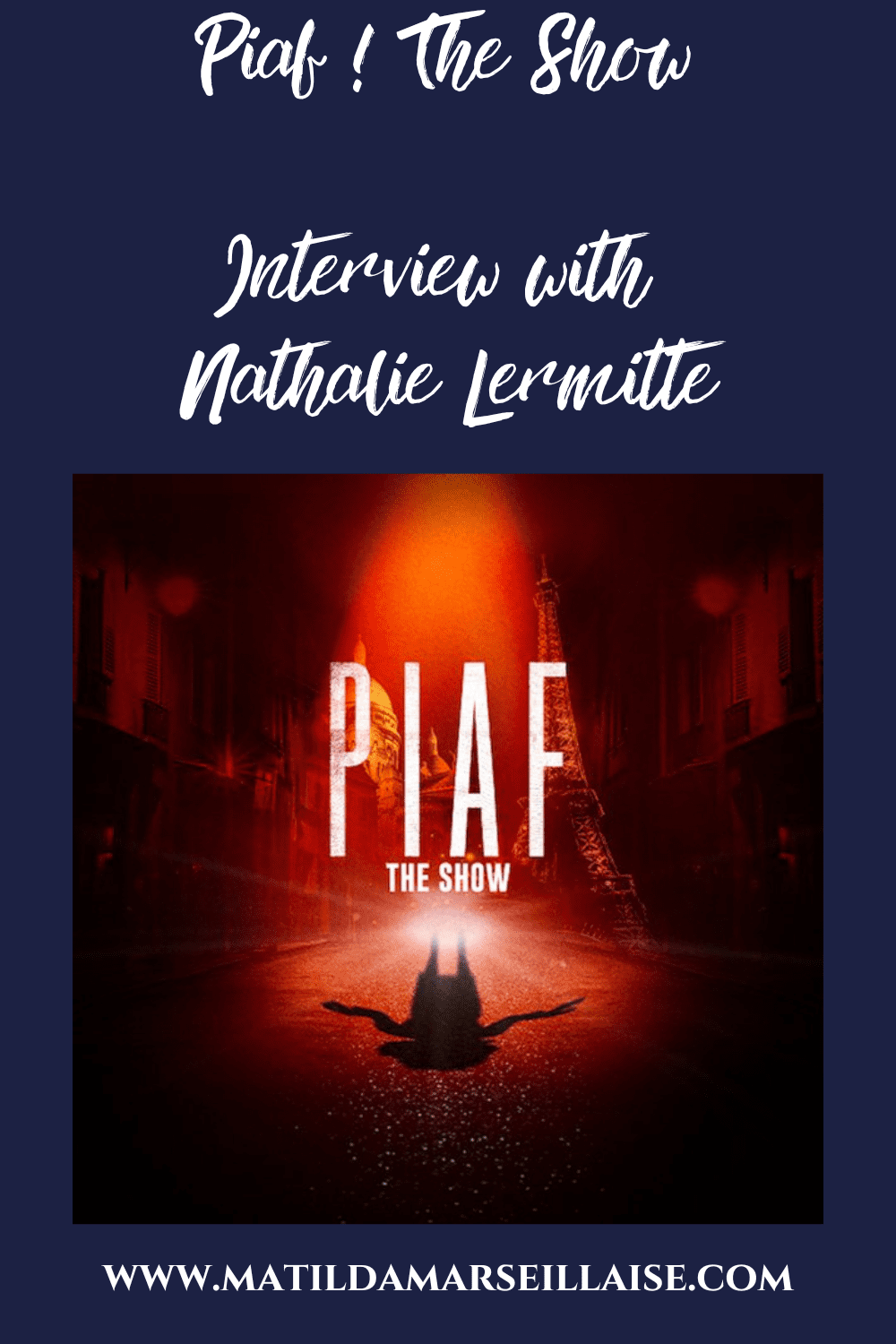Hayden Tee is bringing his new show Bad Guy to Adelaide Cabaret Festival this weekend. We had a chat to Hayden Tee about the show, his villainous roles, the Maori word Takatāpui, and much more.

Hayden Tee, you’re bringing your show, Bad Guy to the Adelaide Cabaret Festival this month. Please tell us a little bit about the show?
The show is billed as a musical flirtation with the devil. It came about because basically I’m quite a bubbly, eternal optimist of a person in real life but I always get cast as the villain, always. It’s a little bit of an unpacking whilst revisiting some of the roles that I’ve played and some that I haven’t. It’s where the material comes from but the overreaching arc of the show is really examining what is good and what is bad. Is good, just a preferred outcome, and bad just is the less preferred outcome. Good and bad is really just a matter of perspective. I’ll let you see the show before we decide but that’s pretty much it.
The show blurb also says that you share your own journey of lifting the colonial cloak of shame and proudly embracing your own Takatāpui
Basically what that means is Takatāpui is the Maori word for LGBTQIA+ but the fact that the word was around pre-colonisation and that’s really that’s really the crux of where I get to in the show. The first Anti-LGBTQIA+ law was in 1533. It was Henry VIII who made the first anti -LGBTQIA+ law. And then of course, through colonisation and through religion, it spread across the world. Today there are 92 countries where it’s still illegal to be LGBTQIA+, but over 40 of those are due to hangovers from colonization. So for me personally, being a Maori person in New Zealand, it was incredibly healing for me to realise that not only that people like me existed pre colonization, but we were celebrated, not only welcomed and acknowledged, but celebrated. That was an incredibly healing moment for me.
During the pandemic, when I wrote the show, New Zealand was going through a huge debate around banning conversion therapy, of course, where a lot of countries in the world are going to the same place at the moment, Australia, the UK and I was personally quite triggered by the public conversation. When I was six years old, 1986, it was illegal to be gay here in New Zealand and Australia was the year before 85, I believe. When it was decriminalised and I have distinct memories of asking my family “what is all this?” because there was lots of similar debate to last year with the conversion therapy. It was like this is going to lead to bestiality. It led to me as a six year old, talking to my parents, asking “What does that mean?” I have a distinct memory of my dad saying, people go to jail for that. And that really damaged me because although I didn’t understand that I was gay as such, but I knew that I that I loved differently and that although I didn’t know what that meant, it took a long time. The thing is, my parents weren’t lying to me. There’s no blame to them in telling me the truth that at that date, gay people went to jail for that.
I was very triggered because I realised that there were six year olds out there last year hearing this debate and hearing all of the people talking about conversion therapy, particularly religious right-wing groups saying that holding on to why they wanted to fight to make conversion therapy not criminalised. And I just thought, I’m going to write this show and I’m going to stand on as many stages as I can and scream the word takatāpui as loud as I can. So hopefully some of those six year olds that were like me out there just realise that they’re perfect the way they are. That’s all it is. That’s what the lifting the colonial cloak of shame reference means
It’s not a pride show as such. It comes up throughout the show and talking about why I’ve been cast as bad guys my whole life. Professionally, in a way I’m always cast as the villain. Towards the end of the show, I examine Hayden, how at the age of six, he was led to cast himself as a bad person. Embracing the one word of takatāpui, I’ve managed to, in my adult life, be able to cast myself however I want to now in real life. That’s my concise haiku version
I like a good haiku. I’m terrible at writing them, but we won’t go there. Who is your favourite fictional Bad Guy? And is there one that you haven’t played that you would like to?
Who’s my favourite? The favourite one I have played would be Javert but it’s probably just because I played him for so long. Javert in Les Misérables. The reason why I really like him is because he’s very complex. He’s not a villain. He’s just a person in an alternate universe. Valjean stole the loaf of bread and would actually be the villain. Jalbert is the hero just doing a job, and it’s just that the audience are privy to this other side Valjean that Jalbert isn’t, but it’s so satisfying to be able to play a role that we are not going out there being bad for bad’s sake, for going out there with good intentions, trying to do the right thing. That character is trying to do the right thing. It’s perspective, which is basically the whole idea of good and bad is really a perspective,
One I haven’t played before… this is an interesting question. It’s not the first time I’ve been asked that. Every time I’ve mentioned a character, I’ve been auditioned for and not got it, but I feel like a jinx myself by answering this question but I’m going to answer it anyway. There are lots of amazing villains. I would love to play Ursula in Little Mermaid. Not that I would ever want to take a role off of a woman – we get enough as men, but I think that would be a really fun role. And it was originally written with the Drag Queen Divine in mind, but that would be fun.
I’d say the Devil in Damn Yankees, which is basically a musical version of Faust but set with a basketball team. There’s a song in Bad Guy from it.
How long have you been singing?
I started singing probably at the age of 14, went to drama school at 19 and and have kind of been singing ever since. But yes 14 was when I first started. I had hip operations, slipped upper femur left and right, which meant that I couldn’t play sport anymore. So, I had to find something that I could do still and singing was that. I had a friend in high school who said, who was a singer so I went ok I’ll give that a go.
And you were obviously very talented at it.
Well… not to begin with, I have to say. My first ever singing teacher I went to said to me
you’re not really a singer, but if you work really hard, I could get you into the chorus of some amateur musical. I did not have any aspiration to go as far as I have or even be professional at that point. But I knew from that attitude that she wasn’t the type of person that wanted to learn from.
Have you have you sent her an invite to or press releases about your shows to show her you made it?
I went to another singing teacher the next week. And I walked into that next singing teacher and she asked “what are your goals?” I said, “I want to beat all of this teacher’s students at the singing competition.”
She said, “that’s a very specific and strange motivation” and I told her the story. So, we trained for just under a year and I went to the singing competitions, got 5 firsts, a second and a third, beat all of her students and never went to a singing competition after it.
That’s fantastic!
I worked so hard that year just to prove her wrong, I guess I kept going.

That leads into when did you actually decide that you wanted to pursue singing professionally?
It’s one of those things that when you’re a kid and I wasn’t a particularly talented or gifted kid at anything, I wasn’t particularly sporty. I mean, intelligent, but not overly intelligent, like enough to get through and get okay grades, but not in the top of the class.
All of a sudden, right after working really hard that year and applying myself, all of a sudden you start to get validation. And it was the first time I really got a lot of validation for it so I kind of just kept it. Initially it started as I’ll keep doing this because obviously people are telling me I do it well.
Before I knew it, probably about the age of probably only a couple of years later, 16 or 17, maybe I it became the only thing that really made me happy; it became the place where when I was doing it, I was expressing myself, I was living completely authentically. It was actually isolating in a good way. When you’re up there singing, no one’s interrupting you, no one’s coming into your personal space, you can it’s kind of it’s quite a place of escapism for me. All of a sudden it switched from being doing something for validation to all of a sudden, I put the blinkers on and went much like I did to beat all her students, I put blinkers on and went, this is the only thing that really makes my heart sing and makes me happy. So, I’m going to do whatever I can to make this my life mission and kind of have ever since. And it has changed. I now get a lot more performance anxiety, not on stage but in the lead up to going on.
Which is because you care about it.
Yes, because the consequences of you not doing it right are big because I love it so much. I’m still kind of figuring that out but I do know that when I’m on stage performing, I’m I love it. So, I just kind of aim for that moment now and ignore the lead up.
When you studied drama was with the thought of getting into musical theatre?
I always considered myself an actor first, but I always felt the most expressive. when music’s involved if that makes sense. I wouldn’t consider myself like a classical singer where I just stand and sing to produce a sound. It’s very much from an emotional point of view, from an acting point of view. But even as an actor in a scene, if there is underscoring there, it sends me to my happy place. So, it’s playing a character and emoting through song is the thing that makes me most happy.
You have recorded three albums.
The thing is with my albums is I was never I didn’t record them as a thing of like, oh, I want to be known as a singer. It was more about, Oh, I live in a world where I’m in live theatre. And if you weren’t in that room for that moment, it never existed. I wanted something that I could leave as a legacy after I’m gone. And for me, those albums are that – a physical something or a downloadable something and something that people can have for a moment beyond after the show’s over
On one of them you perform the song Roundabout in Paris
Yes, Roundabout in Paris was written by Anthony Crowley from a musical called The Journey Girl. And he’s a Melbourne composer.

Image: Mikhail Nilov
I assume it’s about the massive roundabout that has the eight streets coming off of it at the end of the Champs-Elysees. If that was the one that you’re getting stuck on in the song.
Yeah, that’s exactly where it is. And I’ve been there, I had sung the song before I’d been to France and then it was literally the first place I went when I got there because I’ve been singing the song,
So that instead of the Eiffel Tower for you, that was your first place.
That was my first place! And then the Eiffel Tower and then the sewers because Les Misérables of course.
The side of Paris that many most people don’t decide to venture to. Do you play the piano yourself on the albums?
No, I don’t even read music! I read music from a slight reading point of view. Like, in other words, if you give me a starting note, I can basically figure out the intervals just by the dots going up and down and follow them but I couldn’t tell you what note they are and I certainly couldn’t play a piano.
No, it’s for me, actor first. And it’s weird because a lot of musical theatre people find that strange and I have thought over the years “should I learn to read?” But I’m really confident and comfortable in my process now. That comes definitely from an acting point of view where I look at a song as a monologue and I think if I were to learn music now and approach it from the other way, it might change my phrasing.
If it works, don’t, don’t change it.
Exactly, if it ain’t broke.
Why should people come and see Bad Guy at the Cabaret Festival?
I think people should come and see Bad Guy at Cabaret Festival because it’s a nice, cathartic process – it’s how I process the pandemic and I think a lot of people can too.
It is hilarious at times, but it is also heartfelt at times. I think people will go on a real journey. I think they’ll laugh, they’ll cry, they’ll run the gamut of emotions. And also the orchestration that

Nigel Ubrihien has created for this show are extraordinary. What he does with these six instruments that that we have, which is piano, guitar/mandolin, bass, drums, glock the percussion is one player, a bass player, a cellist and a violinist. He also plays piano accordion at home. There are references of flamenco in there; parts of it sound like The Godfather soundtrack; parts of it sound like Weimar, Brechtian kind of cabaret, that German cabaret sound. There’s so many amazing sounds he’s created with his orchestrations. That alone is a reason to come. But, you know, I’m such a fan of my colleague and friend.
I’ve been working with Nigel for 2003. He’s been my musical director and arranger. He arranged and orchestrated all my albums. He’s arranging, orchestrating Jekyll and Hyde for me, which I’m directing the Australian Professional premiere. He’s a genius.
Will you be touring the show Bad Guy around Australia?
At this stage there are no plans to, but I would love to. But at this stage It’s just Adelaide. It’s all Adelaide. Honestly, I don’t think I will get to because I think the year is now pretty chockers. I don’t think I definitely won’t get to this year. It may come at some point but no at this point in time it’s Adelaide or bust which I’m excited about because it’s my favourite, it’s favourite cabaret festival in the world.
It is a great festival. We’re very lucky.
It’s been years since I’ve been. And I’m just so excited to be asked back this year.
Anything else you’d like to add?
I just can’t wait. I hope people enjoy it. I think they will. I’m probably prouder of this show than I am that any of the solo shows I’ve ever done. My sister came for the one in Auckland. She said this. It was her favourite too because I went in with something I wanted to say, I put it well. I guess my point of view is strong in this show.
It was written during the pandemic, I think, when we were all struggling and really unpacking our lives and where we’d been. And it was quite a cathartic journey. And to now be able to perform for people, it’s just a gift.
It’s a show, which is entertaining but also has a message.
It’s important to me but it’s not heavy. It’s very light. It’s very funny but I think it packs a bit of an emotional punch at the end.
—
We thank Hayden for this interview and look forward to seeing Bad Guy at Adelaide Cabaret Festival this weekend.
KEY INFO FOR HAYDEN TEE “BAD GUY”
WHAT: Bad Guy, a show from Hayden Tee
WHERE: Dunstan Playhouse, Adelaide Festival Centre, Adelaide
WHEN: Sunday 19th June, 4pm
HOW: Purchase your tickets via this link:
https://www.adelaidecabaretfestival.com.au/events/hayden-tee-bad-guy/
HOW MUCH: Ticket prices (exclusive of transaction fee) are as follows:
- Premium Adult$59.00
- A Reserve Adult$54.00
Who’s your favourite fictional vilain?
MORE ADELAIDE CABARET FESTIVAL CONTENT
10 shows with French links at Adelaide Cabaret Festival 2022
Cirque Bon Bon is a delicious treat!
Imogen Kelly delights and moves the audience in La Grande Folie
Enter the world of Meow Meow’s Pandemonium this weekend
La Grande Folie – can stripping save the world?
Don Juan at Adelaide Cabaret Festival: don’t miss out on this party celebrating the legend
Mario, Queen of the Circus invites you to Cirque Bon Bon
Play French for a night with Don Juan at Adelaide Cabaret Festival





